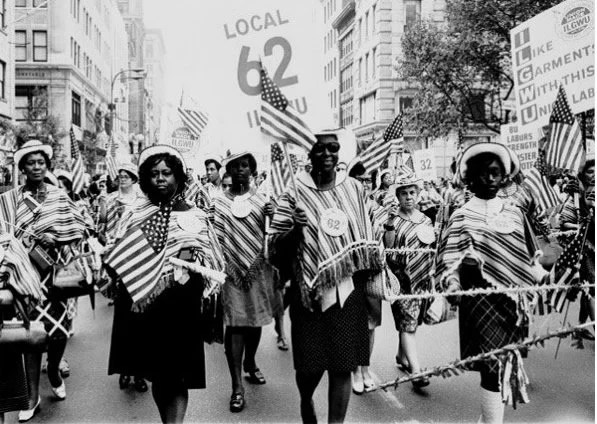Labor Day: Honoring Work, Honoring Culture
By: Chimdindu Ken-Anaukwu
Every first Monday in September, people across the United States and Canada put their tools down and fire up the grills. Labor Day, for many, feels like the unofficial end of summer. But beneath the barbecues and beach trips lies a history soaked in protest, struggle, and courage.
In the 1800s, workers were tired of 16-hour shifts, seven days a week. They marched, they organized, and they refused to be treated like machines. Out of their struggle came safer workplaces, fair wages, and the concept of the weekend.
Labor Day is a reminder: rights are never handed down. They are fought for.
The Deeper Connection: Work Is More Than Wages
Work is not just about money. Work is dignity. Work is identity. Work is the sweat that builds a nation and the stories we tell to remind ourselves that we belong.
For Africans, this story goes even deeper. The labor of our ancestors built not just pyramids and empires, but also resilience in the face of colonization, apartheid, and displacement. Yet, while physical labor was recognized, the labor of memory (preserving our languages) was often stolen or silenced.
Today, speaking Igbo, Zulu, Twi, or Wolof in a world that once told us to abandon them is also a form of labor. It’s not easy. But it is worth it.
NKENNE’s Perspective: The Language of Dignity
At NKENNE, we see language learning as labor too: the labor of love.
It’s the work of remembering your grandmother’s proverbs.
The work of ensuring your children don’t just call you Mom but also Mama.
The work of pushing back against a world that wants to flatten identities into one accent, one culture, one tongue.
This Labor Day, as others celebrate rest, we celebrate the work of keeping African languages alive. Because language is more than sound; it is dignity, power, and belonging.
Humor in the Struggle
Let’s be honest: every African family knows that “labor” isn’t just in factories. It’s in homes too.
Your mom shouting your full name in three languages when you’re in trouble.
Aunties demanding you “greet properly” even when you’ve already greeted.
That mental labor of translating English back into your local language in your head before replying to your uncle.
Labor isn’t always protest marches; sometimes it’s family comedy.
Conclusion: Work, Rest, and the Future of Languages
Labor Day honors the sweat of those who fought for justice in the workplace. But for us, it’s also a reminder that preserving African languages requires effort: deliberate, daily, sometimes exhausting effort.
Yet just as the workers of the 1800s won their battles, so can we. Every word you learn in your language, every story you pass down, every proverb you laugh at, that’s labor too.
And it’s labor worth celebrating.
Because when you speak your language, you don’t just honor your past. You secure your future.
FAQ: Labor Day & African Languages
1. What is Labor Day really about?
It honors workers’ struggles for fair treatment, safe conditions, and dignity.
2. How does Labor Day connect to African culture?
It reminds us that work isn’t only physical labor — it’s also the work of preserving identity and language.
3. Why compare labor to language learning?
Because both require effort, resilience, and consistency — and both deliver dignity and power.
4. What role does NKENNE play in this?
NKENNE makes the “labor” of language easier by giving you tools to relearn and celebrate your African tongue.
5. How can I honor Labor Day in my own way?
Yes, enjoy the rest. But also put in the work — learn a new word in your language, teach it to someone, and keep the cycle alive.


